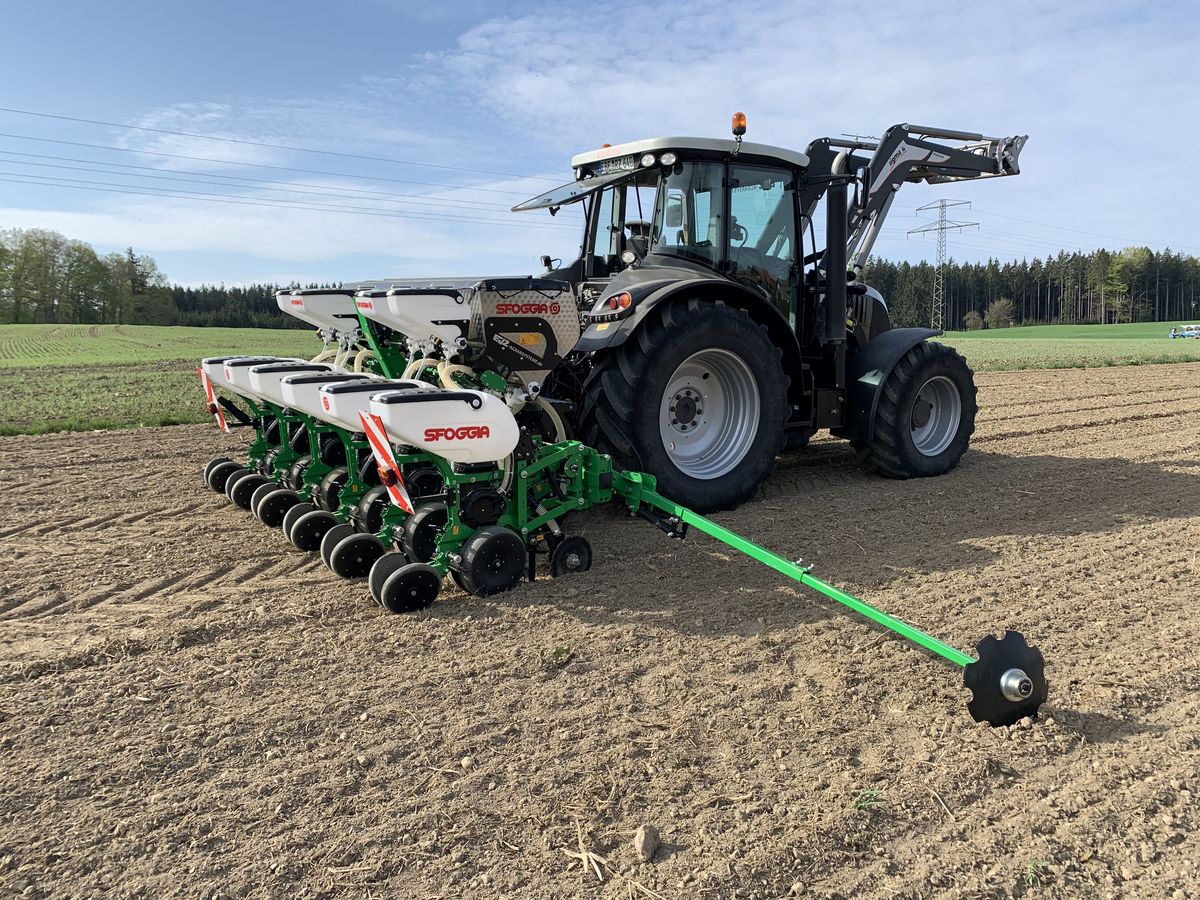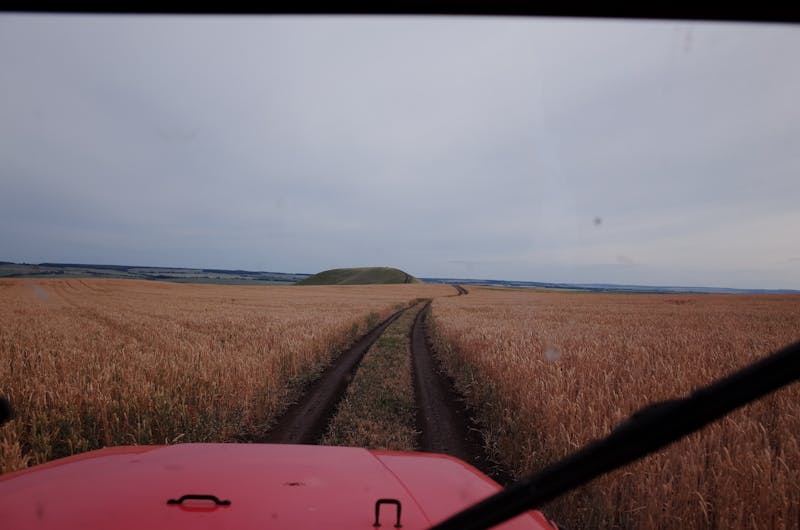The global demand for vegetable oils and proteins increases every year. In France, the Agropol association conducts international cooperation actions to support the structuring and development of inclusive and sustainable oleo-protein sectors. Tunisia and Morocco are net importers of vegetable proteins and seed oils. Agropol collaborates with the Maghreb countries to help them become sovereign in these products.
Soy and palm are the two heavyweights of the market. They provide nearly 75% of the oils for human consumption, biofuels, and products derived from green chemistry (biofuels among others). Soy alone accounts for two-thirds of the global production of vegetable protein-rich raw materials intended for animal feed. A plethora of countries is forced to import seeds, meals, or oil since their agriculture does not meet their needs. The crisis in Ukraine and the spike in the prices of agricultural raw materials in 2022 highlighted the oligopolistic situation of soy production and the dependence of the African and European continents on it. Production is mainly concentrated in the USA, Brazil, and Argentina for soy and in Indonesia and Malaysia for palm oil.
Agropol collaborates with the Maghreb countries
Tunisia, like Morocco, is a net importer of vegetable proteins and seed oils. To be more sovereign, producing more oleo-proteins has become a priority. In North Africa, the potentials of rapeseed and sunflower are well established. The integration of oilseeds in rotation with cereals is also a lever of performance for the latter.
“In a global context of strong demand for oils and vegetable proteins, the emergence and development of oleo-protein sectors provide a local response to the needs of populations and contribute to the economic, environmental, and social development of countries,” emphasizes Guénaël Leguilloux, General Director of Agropol.
The action of Agropol, chaired by Augustin David, a farmer in the Nièvre, is not only to provide development aid but also to strengthen trans-Mediterranean economic relations and create collaborations between the Maghreb countries and France. The knowledge and skills acquired in experimenting with and cultivating oleo-proteins are the subject of many exchanges.
For example, the Oilseed program conducted between 2019 and 2023 by Terres Univia, the French interprofessional organization for vegetable oils and proteins, and Agropol, aimed to promote European rapeseed seeds in Morocco and Tunisia but also sunflower in Morocco. The project also aimed to promote the development of surfaces via technical training and demonstration platforms. Communication actions were also launched to target local oleaginous sector actors and decision-makers.
In Morocco, rapeseed is sown in autumn just before the return of the rains with short-cycle varieties that do not require vernalization. The harvest takes place in April-May. These non-GMO varieties are also grown in spring in the northern countries of Europe. Moreover, Canada is a major producer of GMO varieties (canola).
Rapeseed is also grown in countries such as Australia, Brazil, and Argentina, where climatic conditions are very similar to those observed in the Maghreb.
As for sunflower, it is sown in Morocco in winter, ideally at the end of January, to be harvested in July. In the 1990s, the Cherifian kingdom reached a peak area of nearly two hundred thousand hectares. But the withdrawal of Comapra, the public company supporting production and marketing, and the liberalization of meal imports, caused sunflower areas to plummet, leaving only a small production for the mouth market.

In Morocco, collaboration with the private and public sectors of oleaginous
Since the interest in regaining sovereignty in vegetable proteins makes sense again in Morocco and Tunisia. At Agropol, “we put our expertise, combining the knowledge acquired in France and North Africa, at the service of interprofessions and professional organizations of upstream and downstream actors. We thus strengthen their technical and organizational skills and support them in their strategic reflections and their search for financing,” explains Guénaël Leguilloux.
In Morocco, the association has supported FOLEA, the Moroccan oleaginous interprofession since 2009. The relaunch of production is now underway, and the Cherifian kingdom produces each year 35 to 55,000 ha of rapeseed and sunflower. The progression of areas in the coming years requires evolving the support-advice scheme for producers to facilitate the adoption of oilseeds by small and medium-sized farms, which constitute a large part of the UAA.
The two Moroccan crushers, Huileries du Sousse Belhassane and Lesieur Cristal, have created an economic interest group (GIE) to ensure the outlet of the seed. It contracts production, organizes the supply of inputs to farmers, and collects the seeds. “Agropol also puts its skills at the service of public authorities to support the formulation of agricultural policies and the development of regulatory frameworks favorable to the
emergence and growth of oleo-protein sectors,” reports Guénaël Leguilloux. To preserve the competitiveness of rapeseed and sunflower and allow the development of a national production of oil and meal, the Moroccan public authorities have signed a program contract with Foléa.
The flagship measure of this system is a compensatory payment mechanism funded by the State, which allows crushers to pay the seed at the world price and farmers to benefit from a competitive price. This market organization is based on that observed in the cereal sector, which has long benefited from an important component of public support measures.

The case of Tunisia
In Tunisia, farmers and downstream actors of the oleaginous sector want to develop a production of oil and vegetable proteins to strengthen the country’s food sovereignty and the resilience of its cereal farms.
They aim to gradually plant up to 80,000 hectares of rapeseed. The seeds will be crushed in the CarthageGrains crushing plant, which already processes 400,000 t of imported soybeans.
The Tunisian government, Carthage Grains, and a few pioneer farmers initiated the relaunch of rapeseed production in 2014. Then joined the INGC, the National Institute of Large Crops, which understood the agronomic interest of establishing rapeseed cultivation in the crop rotation of cereal farms, and the CMA, the agent of the public cereal office, which has a national network of grain collection centers.
Tunisia now produces between 20 and 25,000 ha of rapeseed, but the adoption of rapeseed by small and medium-sized farms is, as in Morocco, an essential step in the progression of areas.
Agropol and key actors of the Tunisian sector have precisely developed a new project to face the challenges and issues of uncapping areas. This project aims to strengthen the organization of actors in an interprofessional approach, formulate a sector plan, including a strategy to support the adoption of rapeseed by small farmers, and define a mechanism for smoothing international rapeseed prices to secure the contractualization of production in place. Both in Morocco and Tunisia, Agropol and its partners have set up observatories on rapeseed agricultural practices and impacts on yields in different production basins to regionalize advice at the scale of farms. The technical references acquired are shared with agricultural development organizations and local research centers to create synergies.




